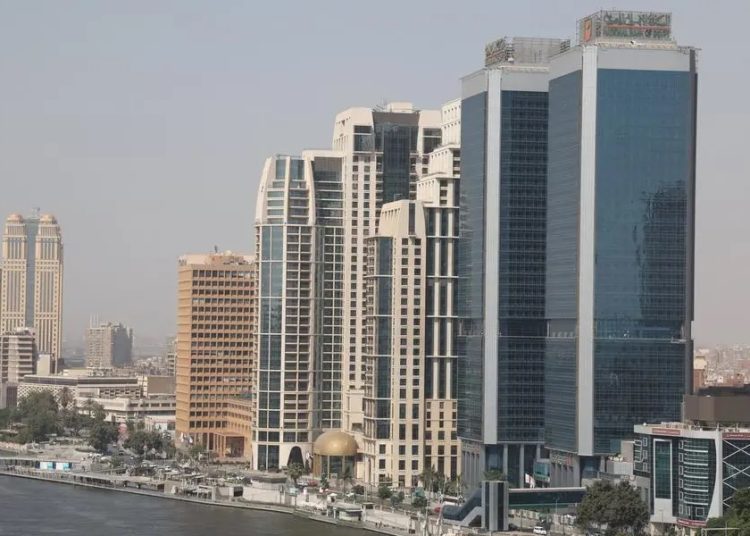Egypt’s trade deficit fell by 4.1 per cent to $5.784 billion in the first two months of 2024, compared to $6.03 billion on the January-February period in 2023, data from the state-run Central Agency for Public Mobilization and Statistics(CAPMAS) showed yesterday.
Egypt’s non-oil exports rose by 8.5 per cent to $6.067 billion on the January-February period in 2024, up from $5.591 billion on the same period last year.
Imports fell by 6.9 per cent to $12.69 billion on the January-February period, against $13.648 billion during the first two months of 2023.Exports declined by 9.2 per cent to $6.91 billion on the January-February period, compared to $7.61 billion during the same two months last year, according to CAPMAS data.
It is imperative to narrow the country’s trade balance deficit as lower deficits in the trade account and trade balance can help the economy inseveral ways. A lower deficit can lead to an increase in demand for the Egyptian pound, which can strengthen its value relative to other currencies.
From a macroeconomic perspective, a decline in the trade balance can benefit theeconomy, leading to higher GDP growth.An easing trade deficit will likely slash demand for hard currency and reinvigorate the local pound.
Capital and financial account improves
Egypt’s capital and financial account posted a net inflow of $ 8.4 billion in the first half (H1) of fiscal year 2023/24, up from $2.8 billion on the same period a year earlier, according to data from the Central Bank of Egypt (CBE).
The North African country netted foreign direct investment (FDI) worth $5.5billion in H1 of fiscal year 2023/24, against $5.7billion on the same period in fiscal year 2022/23. Egypt’s fiscal year begins on July 1.
The capital and financial account inflows included $5.5 billion in FDI, and portfolio investment in Egypt posted a net inflow of $252.8 million in H1 of fiscal year 2023/24, according to CBE data.
Withstanding shocks
Egypt’s economy can withstand shocks in the long run thanks to its diversified sectors. Egypt has been subject to several shocks since 2022, negatively impacting inflation. The Russia-Ukraine conflict, coupled with the tightening of global financial conditions have resulted in capital outflows from emerging markets in general including Egypt.
“Successive exchange rate depreciations were triggered by the pullout of portfolio investors, global uncertainty and higher import bills have all contributed to Egypt’s growing foreign currency needs and pressured its foreign currency resources,” the International Monetary Fund (IMF) said in its report on Egypt’s economy last week.






Discussion about this post